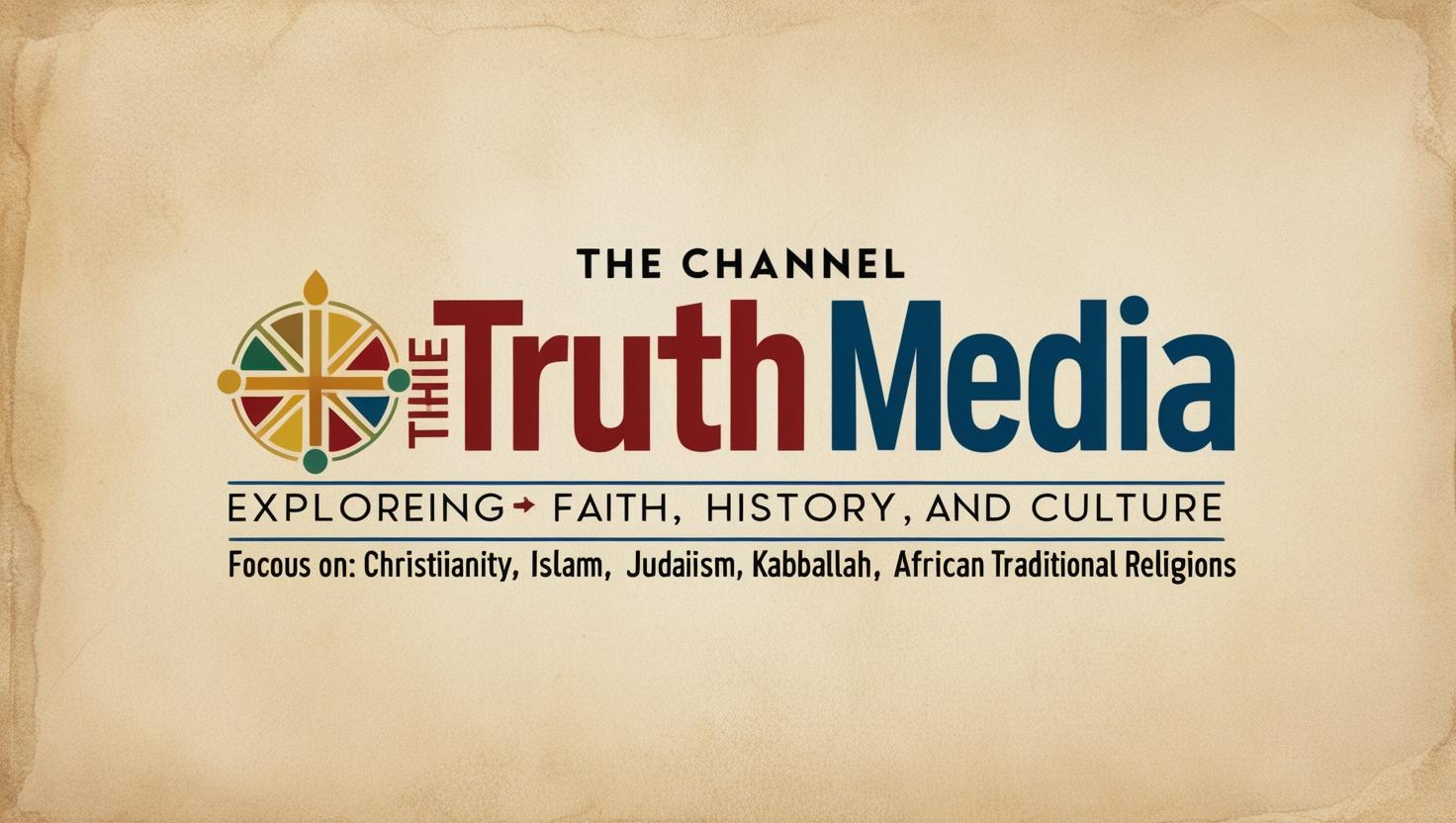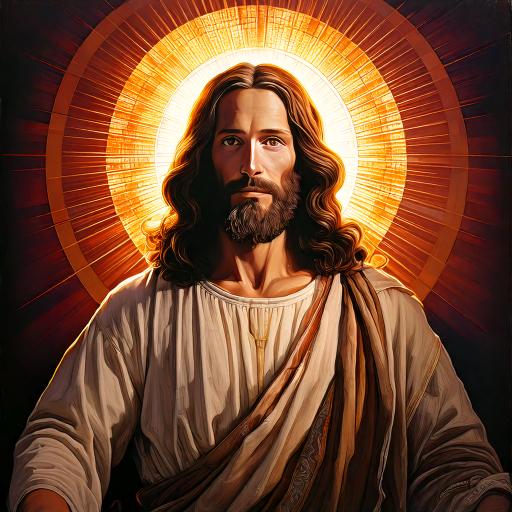The concept of Jesus as the Logos is one of the most profound theological truths in Christianity. Rooted in the Gospel of John, it encapsulates the essence of Christ’s divine identity, His role in creation, and His connection between the spiritual and physical realms. This article explores Jesus as the Logos, the Word of God, and His sustaining power over the universe.
Understanding Jesus as the Logos (John 1:1-3)
The opening verses of the Gospel of John state: “In the beginning was the Word, and the Word was with God, and the Word was God. He was with God in the beginning. Through Him all things were made; without Him nothing was made that has been made” (John 1:1-3, NIV). The term “Logos,” translated as “Word,” is rich in meaning, signifying divine reason, order, and communication.
Logos in Greek Philosophy and Jewish Thought
In Greek philosophy, “Logos” referred to the principle of reason that governs the cosmos. In Jewish thought, it symbolized God’s creative and sustaining Word, as seen in Genesis 1, where God speaks the universe into existence. By using “Logos,” John bridges these concepts, revealing Jesus as the divine agent of creation and the eternal communication of God’s will.
Jesus as the Eternal Word
John emphasizes that Jesus, the Logos, existed before time began. This preexistence affirms His divinity and equality with God the Father. Unlike human words, which are temporal and finite, Jesus is the eternal Word, embodying God’s perfect wisdom and purpose.
The Connection Between the Physical and Spiritual Realms Through Jesus
The Incarnation: God in the Flesh
John 1:14 declares, “The Word became flesh and made His dwelling among us.” This pivotal moment in history demonstrates the Logos entering the physical realm to reconcile humanity with God. Through the incarnation, Jesus bridges the gap between the spiritual and physical, embodying both divine nature and human experience.
Jesus as the Mediator
Jesus’ dual nature as fully God and fully man positions Him as the perfect mediator. 1 Timothy 2:5 states, “For there is one God and one mediator between God and mankind, the man Christ Jesus.” Through His life, death, and resurrection, Jesus reconciles the spiritual and physical realms, enabling humanity to access God’s presence.
Creation Through Christ
As the Logos, Jesus is not only the Creator but also the sustainer of the universe. Colossians 1:16-17 affirms, “For in Him all things were created: things in heaven and on earth, visible and invisible, whether thrones or powers or rulers or authorities; all things have been created through Him and for Him. He is before all things, and in Him all things hold together.” This reveals the profound interconnectedness of the spiritual and physical realms through Christ.
Jesus’ Teachings: Sustaining the Universe
The Power of His Word
Jesus’ teachings are not merely moral guidelines; they are life-giving truths that sustain creation. Hebrews 1:3 proclaims, “The Son is the radiance of God’s glory and the exact representation of His being, sustaining all things by His powerful word.” This sustaining power underscores the eternal relevance of His Word in upholding both the spiritual and physical orders.
Transformative Teachings
Jesus’ teachings provide spiritual nourishment and guidance, addressing the deepest needs of humanity. His parables and commands reveal divine principles that govern life and relationships, bringing harmony to the cosmos. For instance, His command to love God and neighbor (Matthew 22:37-39) reflects the foundational principles of unity and interconnectedness.
The Logos as the Bread of Life
In John 6:35, Jesus declares, “I am the bread of life. Whoever comes to me will never go hungry, and whoever believes in me will never be thirsty.” This metaphor emphasizes the sustaining nature of His Word, which nourishes both the soul and the world.
The Logos and Creation Through Christ
The Spoken Word in Genesis
The connection between Jesus as the Logos and creation is evident in Genesis 1, where God speaks creation into existence. Each act of creation begins with the phrase, “And God said.” This divine speech finds its fulfillment in Jesus, the living Word, through whom all things were made.
The Cosmic Christ
The concept of the Logos expands beyond the earthly realm to encompass the entire cosmos. Jesus’ creative work is universal, affecting not only the physical world but also the spiritual forces and heavenly realms. As Paul writes in Ephesians 1:10, God’s plan is “to bring unity to all things in heaven and on earth under Christ.”
The Logos and the Redemption of Creation
Restoration Through the Cross
The Logos not only creates but also redeems. Through His sacrificial death and resurrection, Jesus restores the broken relationship between God and humanity. Romans 8:19-21 speaks of creation’s longing for redemption, which is realized through Christ’s work.
New Creation in Christ
Believers are described as a “new creation” in Christ (2 Corinthians 5:17). This transformation highlights the Logos’ role in bringing spiritual renewal and hope, extending His creative power into the lives of individuals and communities.
Conclusion
Jesus as the Logos is a profound mystery that encapsulates His divinity, creative power, and sustaining presence. As the eternal Word of God, He bridges the spiritual and physical realms, sustains the universe through His teachings, and brings redemption to creation. Understanding Jesus as the Logos invites believers to marvel at His infinite wisdom and to live in harmony with His divine purpose.
Author: Benedict M. Rehoboth and Mercy Mambure

